Chances are, your ideal customers are changing right before your eyes.
That’s because never before in history has a company’s consumer base been more multigenerational. Today, you could reach five different generations of buyers with your marketing messages, including:
- Traditionalists/Silent Generation, born 1927 to 1946
- Baby Boomers, born 1947 to 1964
- Generation X, born 1965 to 1980
- Generation Y, known as millennials, born 1981 to 2000
- Generation Z, born 2001 to 2020
Today, nearly half of your potential customers are working millennials and Gen Zers. These two generations alone make up the largest market demographic in modern history. They’re about 140 million people strong, roughly half of the total U.S. population. By 2025, millennials will make up 75% of the global workforce.
The oldest millennials are now in their 40’s - pivotal earning years - while the youngest of Generation Z are in their 20’s, just starting out in the workplace. Given their age, size, and earning potential, it’s easy to see why marketing to millennials and Gen Z will benefit the efficacy of any marketing strategy. There are also the Xennials to consider (more on them later). You’ll need to plan ahead to reach millennials and Gen Z because it’s a different mindset than reaching previous generations.
That’s where generational marketing can help.
What Is Generational Marketing?
Generational marketing is a strategy to attract and engage people of different generations with the right message on the right platform at the right time. The criteria for segmenting a target audience is determined by people’s birth years.
Once marketers realized they could reach a target audience better based on the preferences of their generation, then they added age group to the list of effective segmentation tactics like geography, income, gender, interests, and behaviors. It’s another customization that’s likely to give you better results. The key is still understanding your audience; in this case, studying each generation’s interests, influences, and preferences, then leveraging them in your marketing campaigns.
If You Want to Capture a Millennial and Gen Z Audience…
Here’s a generational rundown of consumer preferences based on research and studies.
Millennials
- They are the largest generation.
- They are considered digital pioneers, the first to grow up with technological advances and social media.
- They are more educated than previous generations.
- They love to research a product before buying, and finding “the next big thing.”
- They value authentic brand messaging.
- They gravitate toward any new product or service that will help them in their daily lives.
- They sign up for loyalty programs; 77% say they actively participate in rewards.
- They respond well to brands that support social and environmental causes.
- They are active social media users on platforms like Facebook, Instagram, LinkedIn, and Twitter.
- They prefer to consume multiple types of content, everything from videos and podcasts to blogs and long-form content like eBooks.
- They rely on user-generated content, word-of-mouth advertising, and reviews.
- They enjoy influencer marketing.
- They like lower prices better than price drops from offers or deals.
- They do respond to social media incentives, though - 63% are more likely to “check-in” to a business social page if they got a coupon or discount; 50% will visit a retail location with a 20% off incentive.
Marketers can connect with millennials through multichannel digital marketing, including radio: 93% say they listen to the radio about 11 hours per week.
Generation Z
- They are the most diverse generation, with life experience in multigenerational families, single-parent or multi-racial households, relaxed views on sexual orientation and religion, celebrating differences, and open communication.
- They are considered digital natives because they've never known a world without digital devices and social media.
- They are social media users with different preferences than millennials, staying active on TikTok, Instagram, Snapchat, and YouTube.
- They rely on social media reviews and influencer recommendations more than any other generation.
- They value financial stability and have lots of spending power.
- They engage heavily with brands that use social selling techniques.
- They sign up for loyalty programs.
- They like short videos.
- They are more likely to make mobile purchases.
- They respond well to social selling and advertising.
Marketers can connect with Gen Zers through niche social media, especially on TikTok, Instagram, Snapchat, and YouTube, as well as smartphone apps.
What About Xennials?
Some people born between 1977 and 1985 don’t identify with either Generation Y or Generation Z. They’re from a generation in between called Xennials.
- They are part of a “microgeneration” who grew up with advanced technology but no social media.
- They embrace the use of technology for making purchasing decisions.
- They think time is a luxury because they don’t have enough of it, at home or at work.
- They value easy-to-navigate, mobile customer experiences.
- They are skeptical of traditional company culture and values and want transparency from them.
- They appreciate nostalgia, home delivery, and things related to health and self-care.
Marketers can connect with Xennials through both digital and traditional marketing, social advertising, and subscription programs.
4 Tips for Successful Generational Marketing
- Get to know your age group - Make sure you understand what motivates them to buy, where they consume content, and what they look for in a product or service.
- Consider writing a generational buyer persona - A buyer persona is a fictional character with the same likes and lifestyle as your ideal buyer. Using a persona can help determine the marketing strategies they'll likely engage with most.
- Invest in video marketing – It’s no surprise that millennials and Gen Zers are voracious consumers of video, both for entertainment and for work. Video goes a long way toward engaging both generations on social media – one of the most effective platforms to connect with them. Well-produced video content will help establish lasting relationships with them while they learn about your company, culture, values, and products.
- Create interactive content – This means giving your target audience a rich experience, rather than a sales pitch. Online quizzes, polls, contests, custom research, inside-look interviews, and more are interesting ways to interact with your audience. You will not only keep them engaged, but you will keep them coming back for more. The more they interact, the more you’ll learn about them, and the better the experience will be.

11outof11 Knows Content Marketing
When you’re ready to incorporate generational marketing concepts into your content marketing strategy, connect with 11outof11. Request a complimentary call with an 11outof11 expert. Contact us to learn more.






.png)






